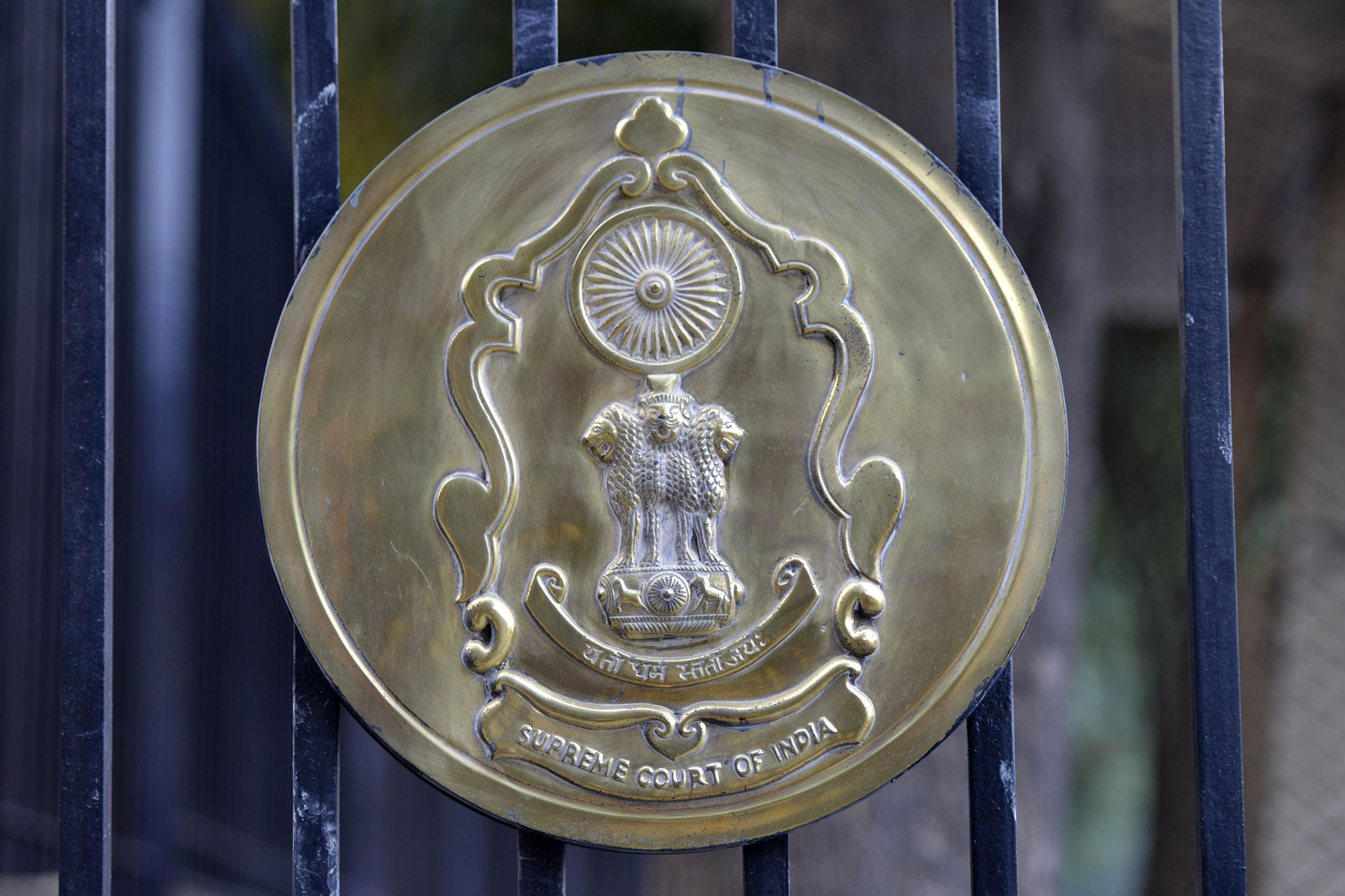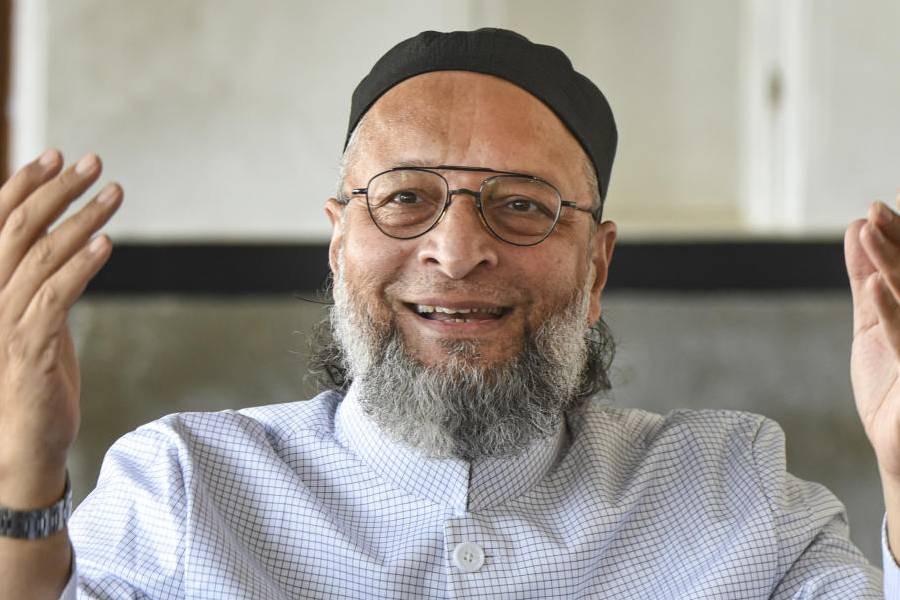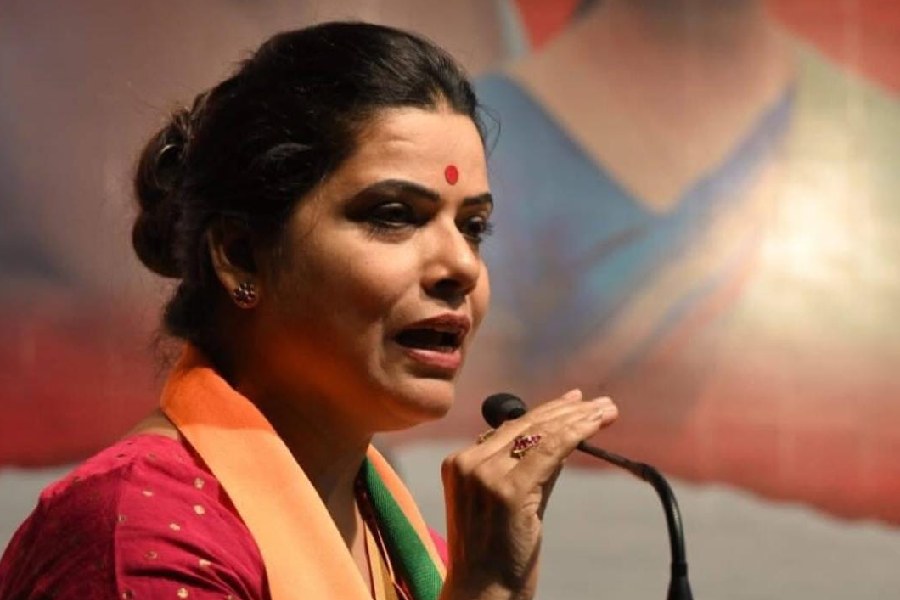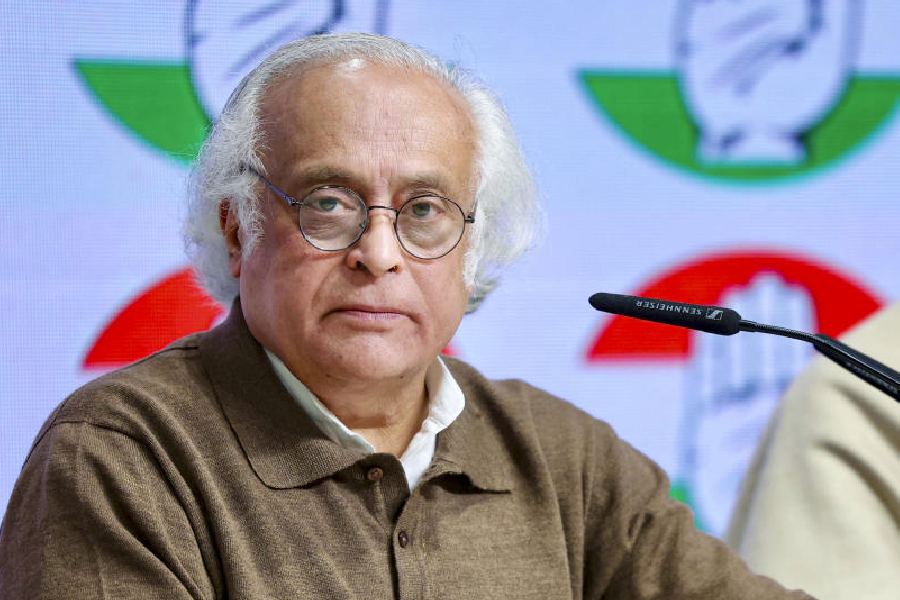The Supreme Court on Thursday directed the Maharashtra government to produce before it the case diary pertaining to the arrest of five civil liberties activists for alleged Maoist links.
A bench of Chief Justice Dipak Misra and Justices A.M. Khanwilkar and D.Y. Chandrachud said it would pass on Monday the final judgment on the validity of the arrests of the activists — Varavara Rao, Sudha Bhardwaj, Arun Ferreira, Vernon Gonsalves and Gautam Navlakha.
The arrests have been challenged through a PIL by historian Romila Thapar and others, who have alleged that attempts were being made to stifle free speech and dissent.
Until the final verdict on Monday, the interim order directing the five activists’ house arrest will continue, the court said.
Senior advocate Harish Salve — appearing for Tushar Damgude, the complainant in the Bhima-Koregaon violence case — cautioned that the court was “embarking on a dangerous course” by entertaining the petition as it amounted to mistrusting the entire investigation machinery and the lower judiciary.
Senior advocate Anand Grover, appearing for some of the civil liberties activists, said the case had been “cooked up”. He told the court that the purported letters written by Sudha to Maoists had Marathi words, but the arrested lawyer spoke Hindi and had no knowledge of Marathi.
Senior advocate Abishek Manu Singhvi, appearing for Thapar, argued that notwithstanding the claim of the Maharashtra government that it had seized letters relating to an alleged plot to assassinate Prime Minister Narendra Modi, not a single FIR had so far been registered by the police.
However, Salve argued that one man’s freedom struggle could be interpreted as an anti- national activity by another man. “To what extent do we allow it? You can have an ideology, but you can’t have unlawful activities,” he said.










